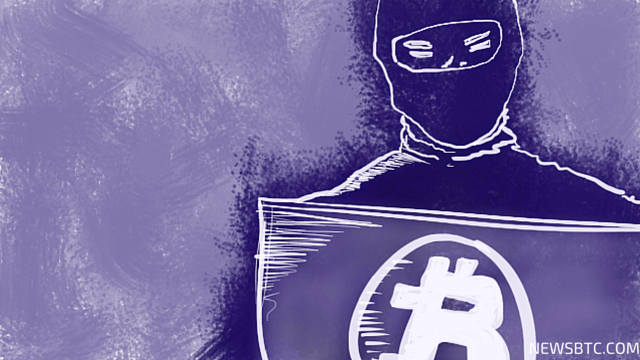In its latest report called the Internet Organised Crime Threat Assessment for 2015, Europol outlined the state of cybercrime threats in the European Union. The report mentions bitcoin and virtual currencies, claiming that it accounts for roughly 40% of criminal-to-criminal transactions online.
This follows the agency’s statement indicating that cryptocurrencies promote the crime-as-a-service business model, wherein bitcoin was highlighted for its role in facilitating money laundering. The cryptocurrency is known for its anonymous transactions, which Europol says makes it “heavily abused by criminals.”
Bitcoin and Crime
The Europol report also mentioned the use of bitcoin and other digital currencies on OpenBazaar, which is a decentralized marketplace run by peer-to-peer transactions. This has been criticized for mimicking the now-defunct Silk Road, which was known as a haven for cybercriminals, illegal dealings, and drug trades on the Dark Web.
Europol noted that the peer-to-peer nature of OpenBazaar means that there would be no single entity to be monitored by law enforcement officials. This makes intervention and investigation a huge challenge, mirroring the other issues that regulatory agencies are currently facing with bitcoin.
With that, the report recommended that law enforcement officials pay particular attention to decentralized marketplaces like OpenBazaar to gain a better understanding of how bitcoin and other emerging technologies are being used. It also encouraged collaboration among security agencies to monitor the “alternate payment community” as well.
“Any regulation of cryptocurrencies would likely only be applicable and enforceable when applied to identifiable users such as those providing exchange services. The inability to attribute transactions to end users makes it difficult to imagine how any regulation could be enforced for everyday users,” the report concluded. So far, no concrete regulatory restrictions have been created in the region and much of the oversight has been left to governments of member nations.
